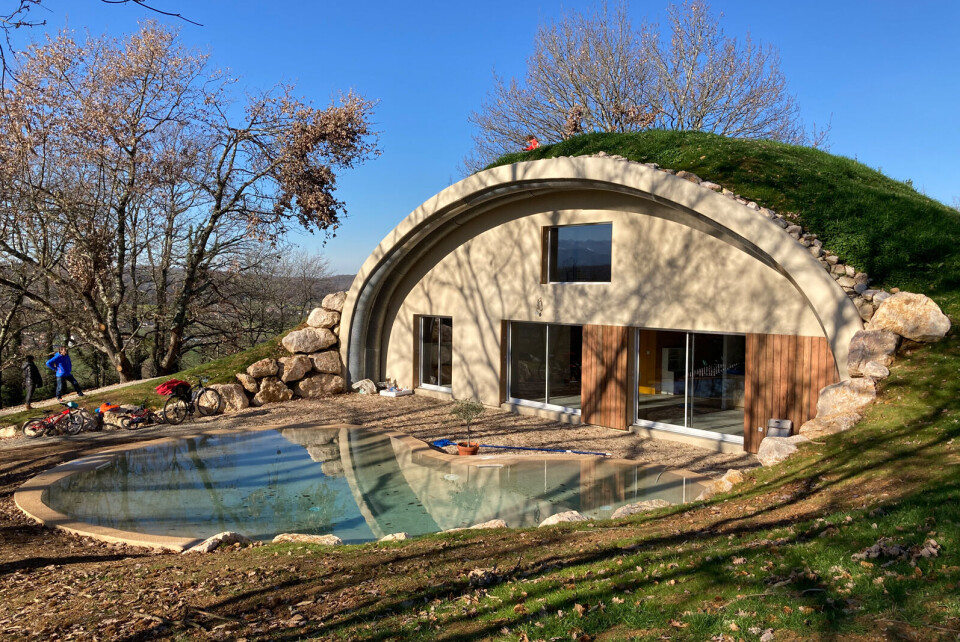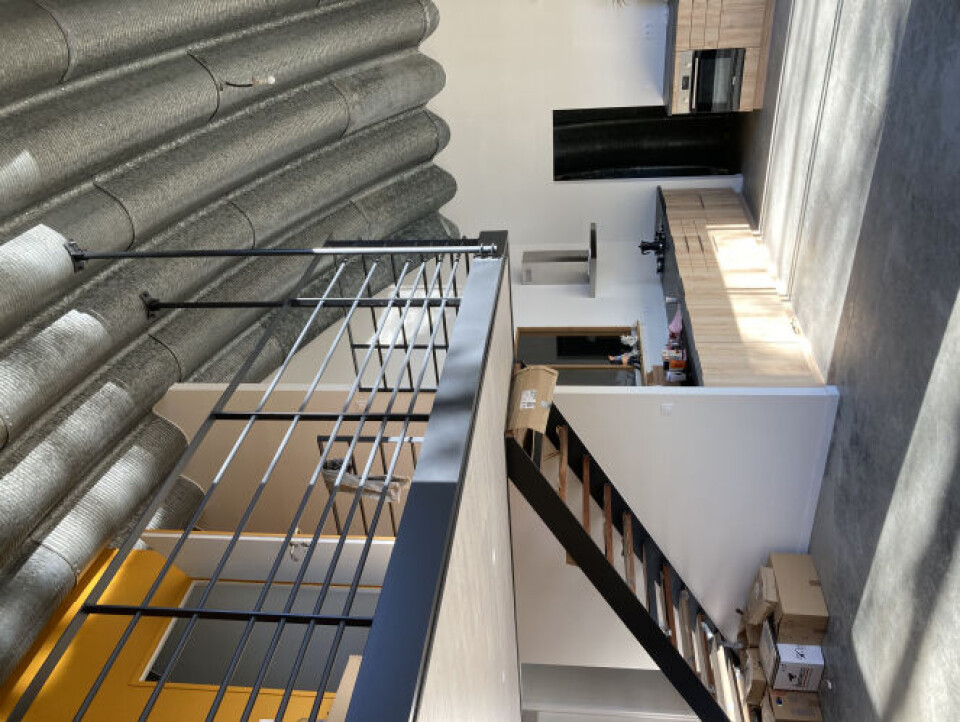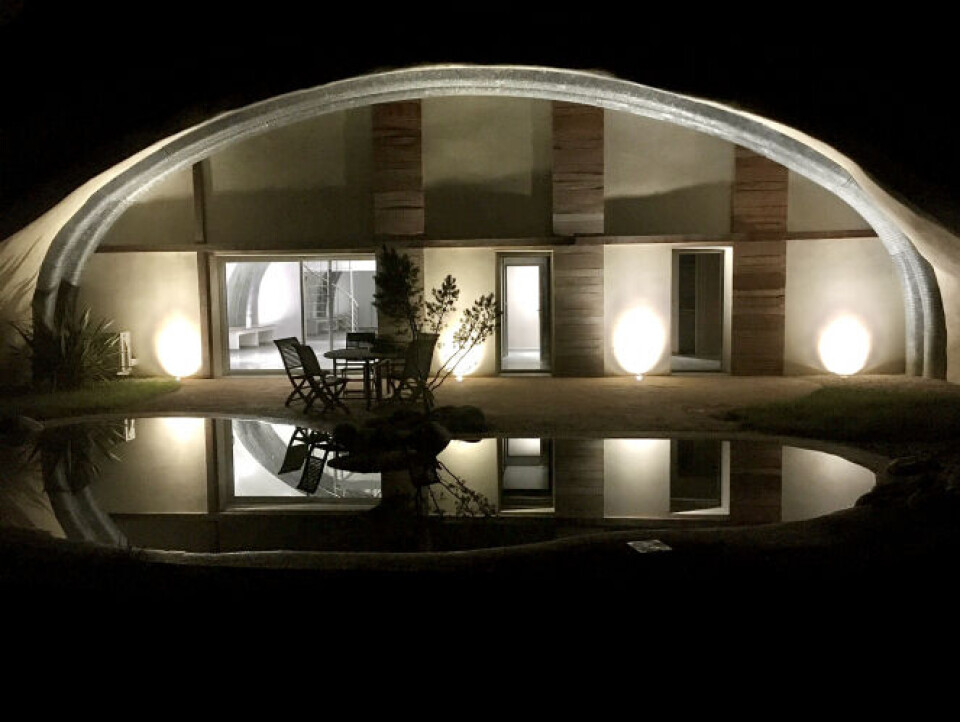-
Drinking tap water restricted for children in south-west France communes
Haute Garonne prefecture says the measure is precautionary and due to high chlorate levels
-
France targets imports from South America over banned chemical concerns
Avocados, mangoes, and cherries among food items set to be tested before entry
-
Environment and ecology: What's new in France in 2026
Changes include a ban on microplastics, the future of ZFE low-emission zones for drivers and new offshore wind farms
‘Hobbit’ housing grows with trend in France for low-impact living
They may look like something from a Tolkien fantasy novel, but more and more dome houses are cropping up around the country as house-buyers increasingly favour their ecological construction

Benoît Darré, who has been making the distinctive homes since 2014, says 80% of the building materials are recycled and the properties can be perfectly integrated into the landscape, including being dug into hillsides.
He set up NaturaDream, an offshoot of his traditional building business in Hautes- Pyrénées, to build the homes, and has recently expanded into swimming pools.
“The first house I built was for a farmer and was designed to be strong enough to support the weight of a herd of cows on the roof,” said Mr Darré.
They are built around arches made of low-carbon concrete, using slag from metal recycling plants instead of gravel. The arches support corrugated steel curved sides, which Mr Darré recovered from the French Air Force when it started modernising its hangars.
“No one knew what to do with these panels and they would have gone to waste, so I was able to pick them up for a very good price,” he said.
“They are ideal for the form of the houses.”
The panels are covered with 50cm of insulation made up of wood chips from sawmills, and a recycled plastic sheet, which is then covered with topsoil so that owners can grow things.

“Each house is different, according to the wishes of the person who orders it.
“What they have in common, however, is a low carbon footprint during construction, and low energy costs because the vegetable roof acts as a natural air-conditioner in the summer and the big windows and insulation mean that most people do not need any heating in winter,” said Mr Darré.
Many owners leave the corrugated steel walls in their natural raw state, while others cover them in materials as diverse as wood or brick.
“We even built one house near Bordeaux where the interior was of oak made from old wine casks,” he said.
The houses can be single or double-storey, and some feature light wells in the dome to let sunlight filter in.
A third-generation builder, Mr Darré said his decision to make the houses was spurred largely by a growth in environmental awareness.
“There are people who talk all the time about what must be done, and there are people who actually do things, and I am in the second group,” he said.
Once a project has been agreed with a client, drawing up plans usually takes between a month and six weeks, while planning permission adds another three or four months.
“I have mainly built in the local area, but we have made some as far away as Normandy.
“Usually the planning authorities are very happy, although once or twice we have been held up. It is often easier to build one of our dome houses on sites where traditional buildings might have problems because they are so well integrated into the landscape.”

Prices start from €1,385/m² for the basic structure (without interior walls or electricity), with options to construct an entirely bespoke property at a higher budget. Mr Darré has also started offering swimming pools built using reconstituted stone from quarry dust and offcuts, in a sloping ‘lagoon’ shape.
“It means you do not need a liner, or tiles or paint, and it facilitates pools with curves and shapes,” he said.
“They have been very successful, and business has been up 300% over the past two years.”
He also uses a patented gravel and latex resin composite to make paths and driveways, 30% cheaper than using concrete.
Related stories
Solar panel installation trend in France is to sell back the surplus
























